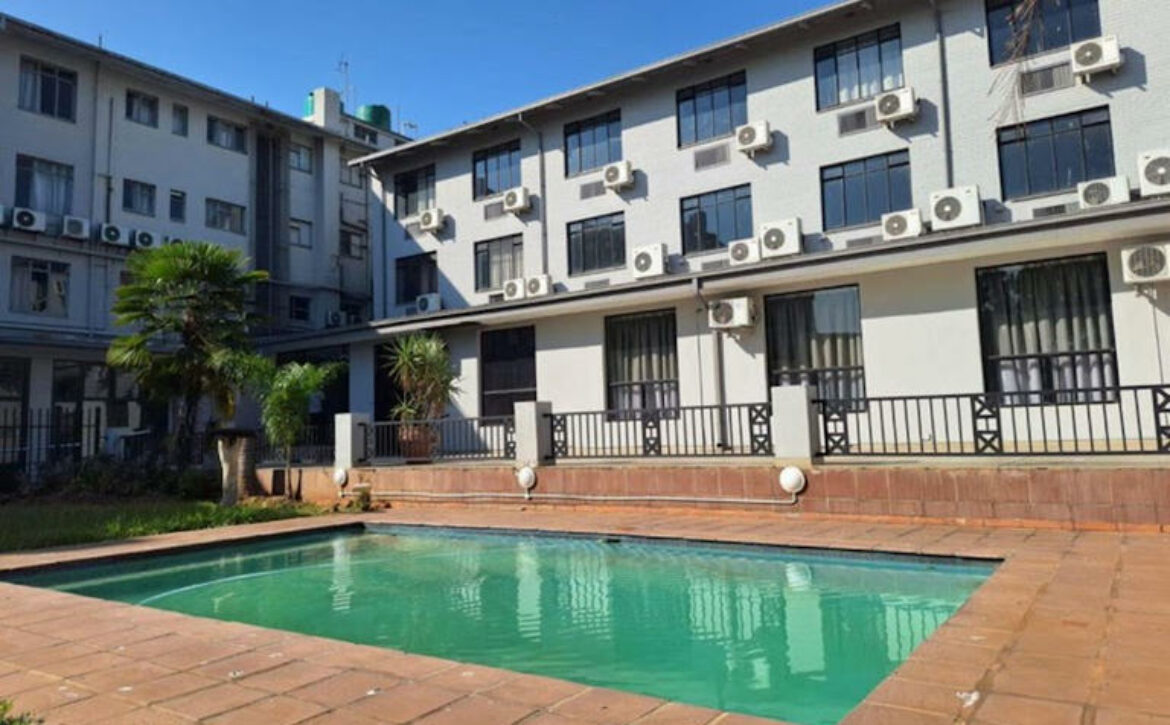Preferential Procurement and what it can do for your B-BBEE score
In the landscape of South African business, Broad-Based Black Economic Empowerment (B-BBEE) is a pivotal policy aimed at redressing economic inequalities and empowering black individuals. The B-BBEE scorecard is a tool used to measure a company’s level of compliance with these empowerment policies, and Preferential Procurement is a significant component of this scorecard.
Preferential Procurement refers to the practice of favoring B-BBEE-compliant companies in the procurement of goods and services. It is a sub-element of the Enterprise and Supplier Development (ESD) component of the B-BBEE scorecard, which is itself one of the five key elements that determine a company’s B-BBEE rating.
The Preferential Procurement element is crucial because it carries a substantial weight in the overall scoring. Companies can enhance their B-BBEE score by sourcing a higher percentage of goods and services from suppliers with strong B-BBEE credentials. This not only boosts the company’s score but also promotes the growth of black-owned businesses, fostering a more inclusive economy.
To maximize the benefits of Preferential Procurement, companies must strategically align their procurement practices with B-BBEE objectives. This involves careful selection of suppliers and a thorough understanding of the B-BBEE scorecard. By doing so, businesses not only comply with national transformation policies but also contribute to the broader social and economic development goals of the country.
The Preferential Procurement element is a powerful tool for businesses to improve their B-BBEE score while actively participating in the economic transformation of South Africa. It encourages the support of black-owned enterprises, which can lead to a more equitable and thriving business environment for all.
For a deeper understanding of how Preferential Procurement can impact your B-BBEE score, consider exploring the detailed guidelines provided by the B-BBEE Codes of Good Practice and engaging with experts who can offer tailored advice for your business strategy.



